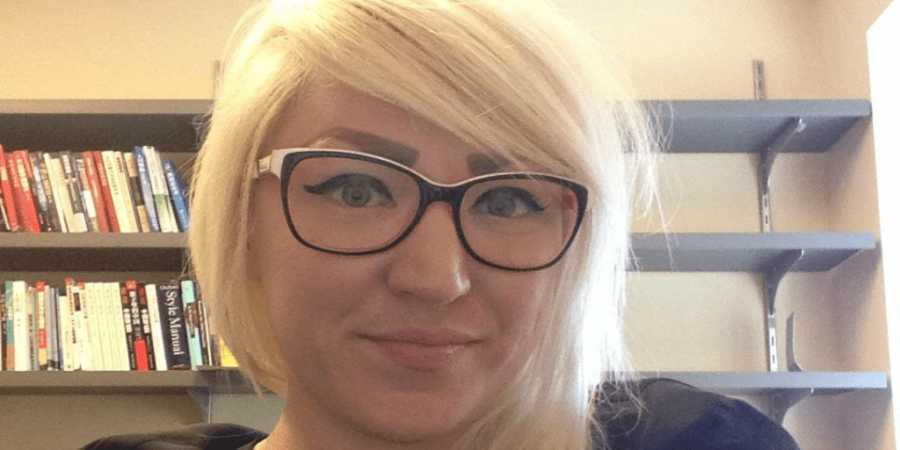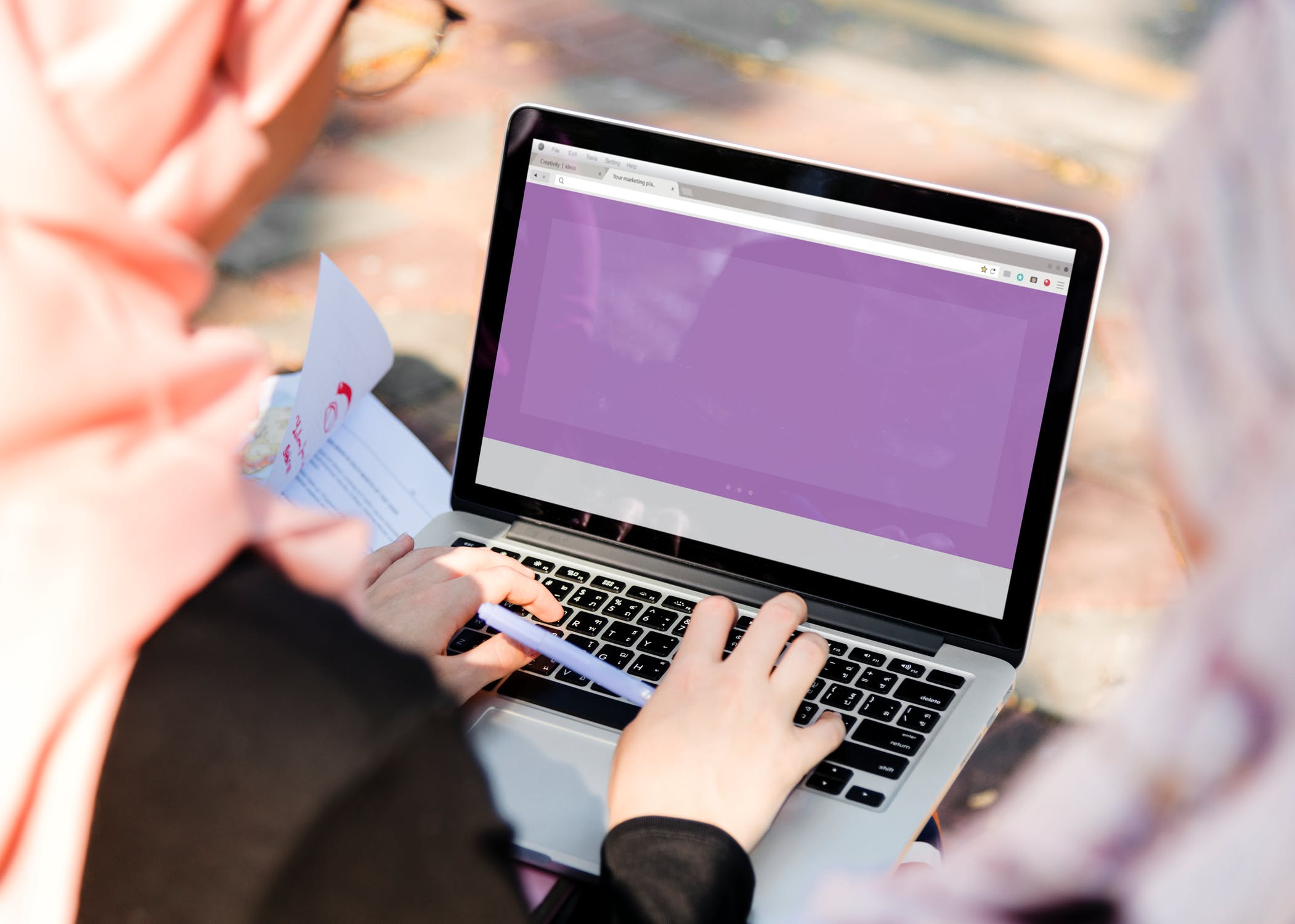On February 13, 2009, a group of 250 gathered in Kuala Lumpur for five intense days to challenge the unjust application of family law throughout the Muslim world. The movement that resulted – Musawah – represents an important initiative in the search for equality and justice in the Muslim family.
In the last decade the ideas of Islamic feminism have been gaining momentum across Muslim-majority countries and Muslim communities abroad. In response to the rise in religious fundamentalism on the one hand and political Islam on the other, feminist activists and scholars have been equipping themselves with a new tool – the original Islamic teachings and their alternative and progressive interpretations — in order to advocate for women’s rights and promote equality and justice within the family. This trend has manifested itself in Algeria, Tunisia, Egypt, Malaysia, Morocco, Indonesia, Pakistan, India, and other countries.
What was clearly lacking, however, was a global knowledge-building network with a coherent direction, a core from which to share and disseminate strategies, scholarship and best practices.
That is why February 17, 2009 will go down as a memorable day in the history of Muslim feminism. It is the day when a groundbreaking movement, Musawah, was launched in the capital of Malaysia, Kuala Lumpur. Musawah (“equality” in Arabic) is a logical step forward and a very important initiative in the search for equality and justice in the Muslim family.
For five intense days, 250 women and men from 48 countries – activists, lawyers, scholars, politicians, journalists and bloggers – brainstormed strategies and exchanged experiences and ideas. I was privileged enough to be among the Musawah participants. All of the women I met – be they policymakers, grassroots activists, lawyers or academics – were highly articulate and passionate advocates of the cause. A lot of them were personally behind the efforts to reform family laws and elevate women’s status in their respective countries. Veiled and not, modern or traditional, those women represented the diversity of Muslim cultures and were complete opposites of the voiceless and oppressed images of Muslim women that dominate the mainstream Western media.
Participants at the Musawah meeting discussed the family laws and practices in many Muslim countries that remain unjust, especially in areas related to marriage, divorce, inheritance and custody. A lot of those laws are based on medieval views of the family, which see the husband as the main breadwinner and provider of the family and the wife’s role as subordinate to her husband. The Egyptian code of family laws, for example, dates back to the 1920s and was modeled on the Ottoman family laws. It continues to maintain the traditional patriarchal system. Although Muslim family laws vary from country to country, what they have in common is a second-class treatment of women within families, and broader rights and privileges assigned to men.
Meanwhile the reality of the twenty-first century is strikingly different. Women increasingly put in as many hours at work and sometimes are the only breadwinners (especially in post-conflict countries or countries with higher unemployment). In some sectors, women across Muslim countries enjoy a higher rate of employment than men. These figures are more visible in the Arab countries where women’s share of economic activity has recently grown more than 6 times the global rate.
The Musawah meeting put forward its Framework for Action, which is represented by the statement: “Equality and justice in the family are both necessary and possible.” It is possible to achieve the change if we use a combination of arguments – those based on religious teachings, universal human rights declarations, national constitutions and, importantly, the reality of today’s life and women’s changing roles. The Musawah Framework quotes the Qur’an to prove its point that Islam calls for justice, equality, human dignity, love and compassion in relations among humans and in the family. “Family laws and practices must therefore fulfill this call by promoting these principles and responding to the lived realities of Muslim men and women today.”
Backed by the expertise of the leading scholars on Islamic law such as Ziba Mir-Hosseini, Amira El-Azhary Sonbol and others, the Musawah statement argues that:
“most family laws and practices in today’s Muslim countries and communities are based on theories and concepts that were developed by classical jurists in vastly different historical, social and economic contexts. In interpreting the Qur’an and the Sunnah, classical jurists were guided by the social and political realities of their age and a set of assumptions about law, society and gender that reflected the state of knowledge, normative values and patriarchal institutions of their time. Gender equality was not part of their social experience. Hence it had no place in, and little relevance to, their conceptions of justice.”
In practice, however, law reform and safeguarding the existing rights have proven to be an extremely hard battle for activists to win. Egyptian activists have been pushing for the reform of the Family Laws for decades with little result. Malaysian activists – led by the organisation Sisters In Islam – have been having hard time in their struggle against the polygamy and other practices that clearly favor men’s interests. Fortunately, there are a few positive cases. The success of the women’s movement in Morocco in pushing through the comprehensive reform of the Personal Status Code, the Moudawana, has been immensely inspirational to Muslim women activists around the world. Turkish women’s groups also successfully lobbied the pro-Islamic government to make necessary changes to the Civil and Criminal Codes. In both countries, the new laws describe men and women as equal partners in a marriage.
These struggles are the hardest and they require a lot of dedication, energy, knowledge and skill. Both religious institutions and state forces with a stake in preserving the patriarchal system will not give up their power easily. The global rise in conservative and fundamentalist Islam is threatening to take away the existing women’s rights even in countries with the constitutional guarantees of equality and secular family laws.
With the the birth of the Musawah network, Muslim feminist activists will feel more united and stronger than before. There is a special website which may turn into a forum for exchange of ideas and finding support, and a joint database is being put together.
The following words of Zainah Anwar, one of the leading coordinators and project director of the Musawah movement, reflect the inner belief cherished inside the hearts of activists and scholars gathered in Kuala-Lumpur: “It is our hope that Musawah as a global movement will lead to that day when those in the Muslim world will realise that women’s demands for equality and justice are neither alien nor a threat to Islam, but are rooted in the Islamic tradition.” Yes, we do hope and will be working hard for that day.
Nadira Artyk is a Brooklyn-based women’s rights advocate, journalist and media consultant. She was born and raised in Uzbekistan, Central Asia.


















